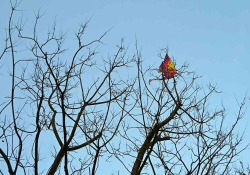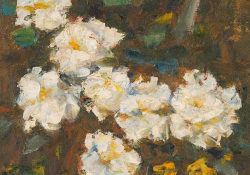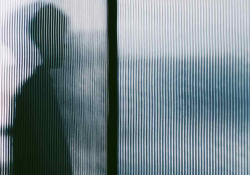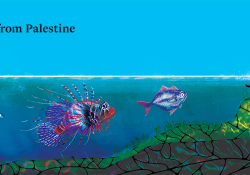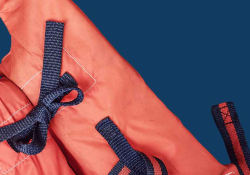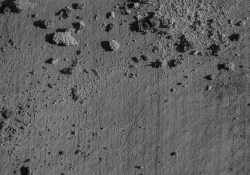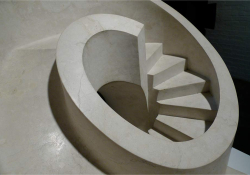Two Poems

Poetry was created to solve family problems
Let me just say:
this is why poetry was created
to solve family problems when needed
and sometimes to wash the dishes and polish the glasses . . .
I’m tired,
That’s all.
“Whores” have the right to get tired
to close their legs for a while,
to assess the damage and measure the distance between
their ass cheeks and life
and the customer just has to wait until
the hole has mended and the edges have dried out.
Do you know what hurts the most?
My ears.
They were completely ruined by the screaming
the screaming of rain outside
and the wind in the locks, whenever my door is slammed by one of them
like you, who didn’t pay a single penny
so in return I asked you to recite a poem while entering me.
“The poet whore!”
is that what you told yourself?
Yes, this is me at my weakest
but can you deny that you were on the verge of tears
when you finished?
You put your head between your hands and cried like children do.
I also remember what you said before you left: I love you.
All this happened in less than an hour
while the wind was howling outside like a pack of dogs
and wolves far away echoed the howls.
✴
Let me just say
for this – and this alone – was poetry created:
to wipe fingerprints from our bodies,
to straighten the sheets and pillows
and to open the door at the end and say . . . goodbye.
Love makes woman a man and man a woman
It is not enough for you to touch me with your hand
love is touching me with everything, with woman and distance
and a bunch of grapes.
It is not enough that you take me under you and on top of you
you have to drag me by feet and into nightmares as well.
Love is not a relationship between two individuals like they told us
but rather two universes melting, a mixture of water with water.
It is to love women as if I were you, to lust after their breasts
to be riven seeing their naked flesh
to gasp when a woman lifts her hair with her hand to put it behind her
and just as your heart weakens when you see a hanging fruit
my heart weakens for the same reason.
Without air between us we are breathless
without the sun rising above me and above you we are eyeless.
The idea: love makes woman a man and man a woman
and makes water into love
and love into life.
I incarnate in you like I incarnate in light and soil
and you incarnate in me like life and death.
I assembled you only because I collected you from here and there:
some of your heart I brought from a train station
some of your eyes from glasses in bars
some of your skin from a cemetery
meanwhile you are here
and not here.
Translations from the Arabic By Miled Faiza & Karen McNeil




